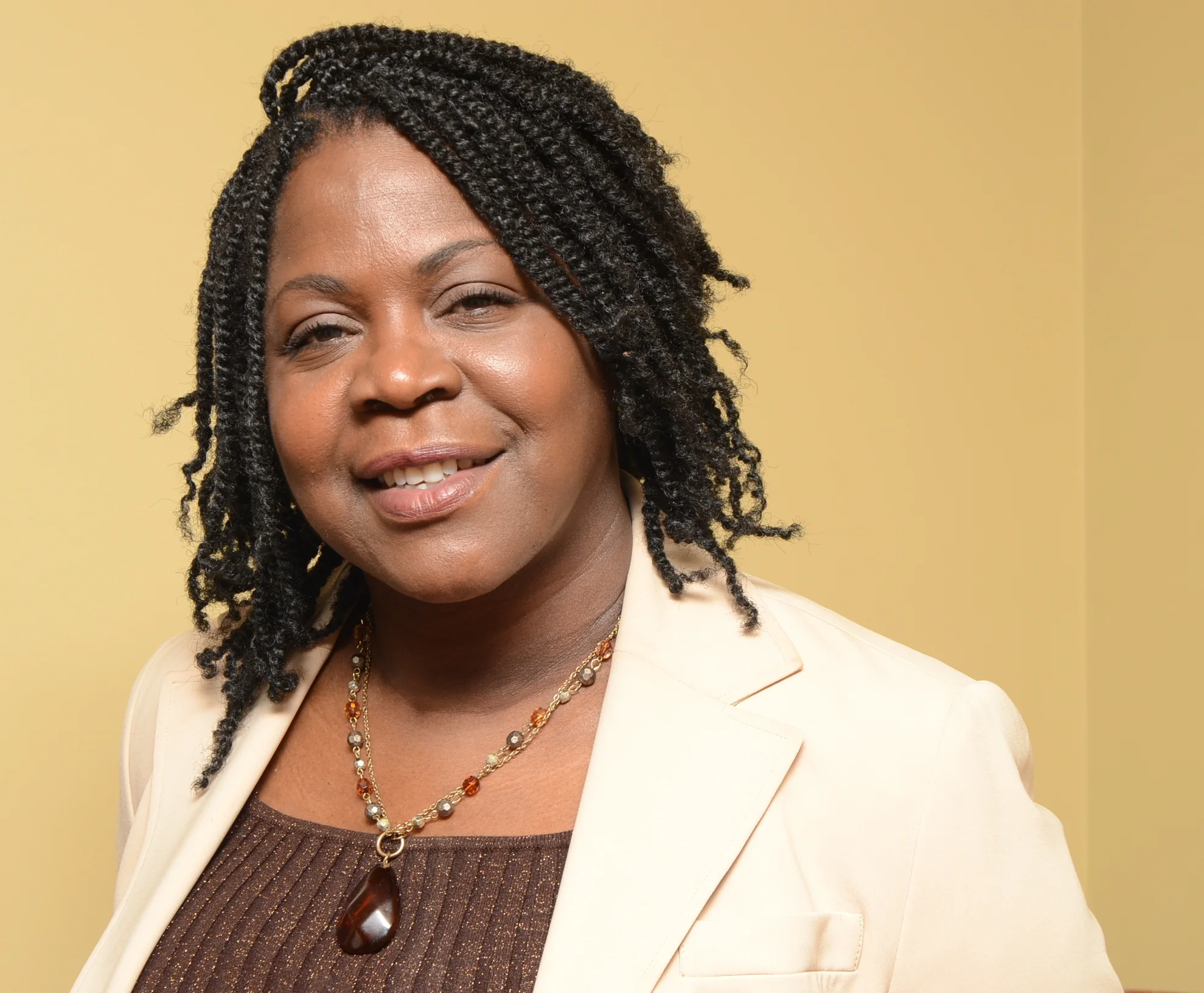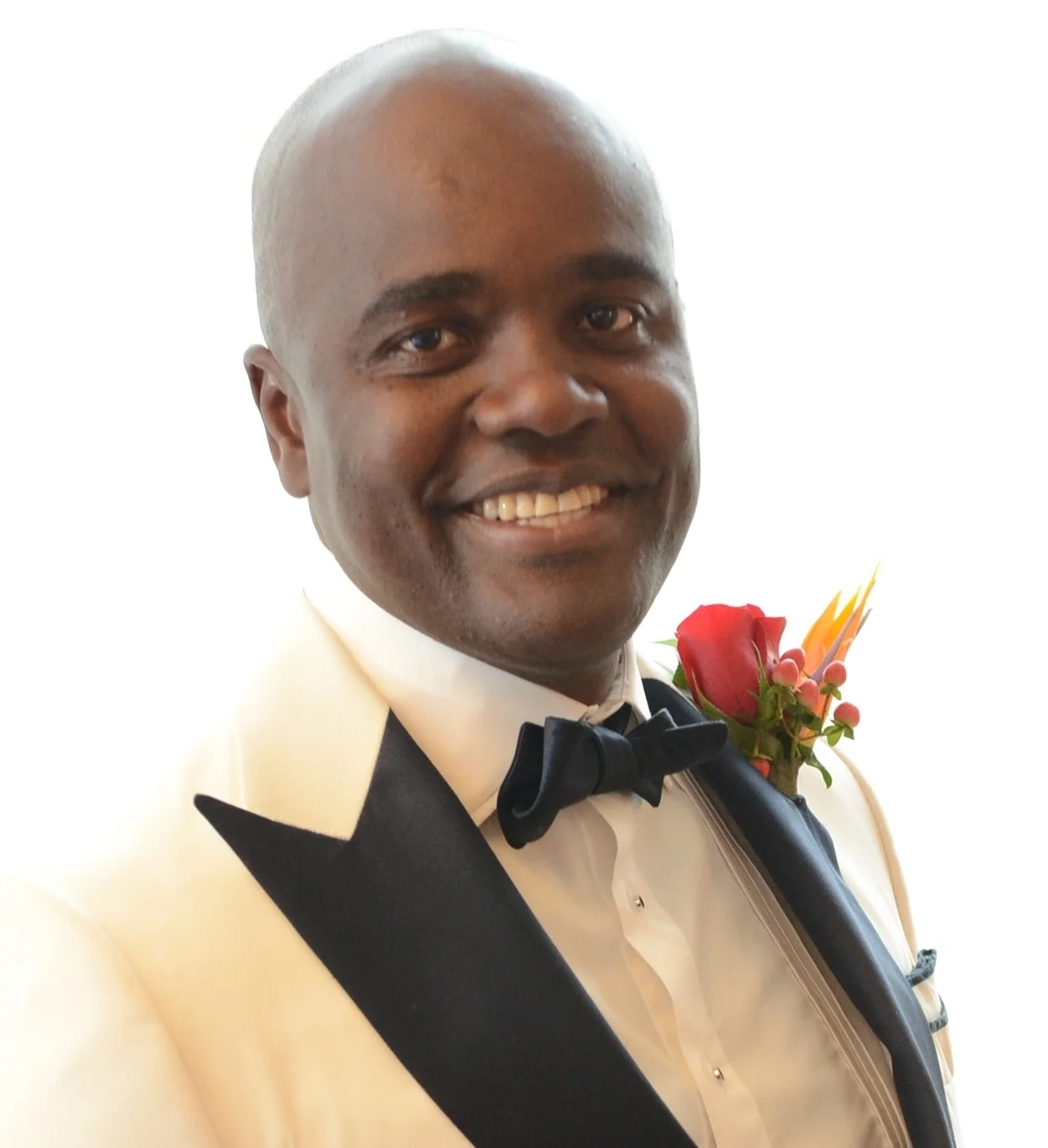Canadian-Caribbean contingent heading to CARIFESTA
July 27, 2017
Educator and choreographer Andrea Douglas was turned on to modern dance at the inaugural Caribbean Arts Festival (CARIFESTA) in Guyana in 1972.
Just out of high school, she had the opportunity to see the National Dance Theatre Company (NDTC) of Jamaica perform at the unfinished National Cultural Centre.
“They did a piece called ‘Kumina’ and I was enthralled,” said Douglas who is a Toronto District School Board vice-principal. “Dressed in a nice grey shirt and sandals, Rex (Nettleford) was stunning and I remember telling myself I had to dance with this group. That was the only performance I saw during CARIFESTA as a friend bought a ticket for me. I didn’t have the money at the time to attend the shows.”
Douglas attended the third and fourth editions in Cuba and Barbados in 1979 and 1981 respectively as a member of the Guyana National School of Dance started in 1974 by American dance director Lavinia Williams.
“Barbados stood out because that was the first time I did a solo dance (Many Rains Ago),” she recounted.
Next month, Douglas returns to Barbados with 11 members of the Children’s Dance Theatre (CDT) as part of the first Canadian-Caribbean CARIFESTA contingent.
She founded the CDC in September 1993 with the aim of nurturing the dance talent of children over the age of four. The group offers a structured dance program with participants being exposed to several dance forms, including Afro-Caribbean, jazz, modern African, hip hop and classical ballet.
“This is going to be a great opportunity for these young people,” said Douglas who danced with the NDTC in the 1980s. “Dance in the Caribbean has a different flavour and aesthetic and is a way of life as opposed to learning about your culture. In the Caribbean, they live culture and it’s a lifestyle. It is who they are. In Canada, it’s about who kids would like to become.”
The Canadian-Caribbean Arts Network (CCAN), which is collective of artists, artistic organizations and professionals, is co-ordinating the historic visit to Barbados.
Rhoma Spencer said the journey that led to their participation started 11 years ago.
As artistic director of Theatre Archipelago, she along with Rebecca Fisseha, Amina Alfred and Judith Lezama attended CARIFESTA IX in Trinidad & Tobago in 2006 with the aid of a Canada Council for the Arts travel grant and partial funding from the defunct British West Indies Airways (BWIA).
Michael Lashley (l), Roger Gibbs, Rhoma Spencer and Judith Lezama (l)
“I went there to observe the new art and best practices presented by fellow Caribbean theatre practitioners while networking for cultural exchanges and to make a presentation to the CARIFESTA secretariat seeking the participation of Caribbean artists from Canada in future editions of CARIFESTA,” said Spencer, the CCAN artistic director, at a press conference in Toronto last week. “The conversation was inconclusive and I returned to Canada determined to maintain the pitch for Caribbean artists in the diaspora to take part in CARIFESTA. After 11 years of advocacy and three CARIFESTA editions, Canada is set to send its first event contingent to this ‘high mas’ of Caribbean arts and culture that includes the Caribbean region and South America.”
CARIFESTA was launched 45 years ago as an incubator for new and re-imagined manifestations of Caribbean art and aesthetics.
“The festival allowed us to see ourselves in the world as contributing our shards of broken pieces, leftovers from our colonial past,” Spencer said. “For the first time, we met our brothers and sisters from the French, Dutch and Spanish-speaking Caribbean and broke through the colonial impediments which for too long had kept us separated and divided. We have now freed ourselves, reclaimed our shared cultural heritage and re-invigorated our creative spirits in the warm waters of the Caribbean Sea.
“…CARIFESTA gave us that portal through which we got to know the many peoples of the Caribbean archipelago and, yes, of South America as well. The many friendships I forged with artists I met at my first CARIFESTA in 1992 are still today my friends and artistic colleagues in countries such as Barbados, Jamaica, Guyana and St. Lucia. It is this opportunity that I want to share with my fellow artists here in Canada, some of whom are first generation Canadians of Caribbean heritage.”
The Canadian-Caribbean contingent
Spencer promised that there will be CCAN representatives in each Canadian province in the next few months.
“By the time the next CARIFESTA comes around, we will have artists representing the component parts of this country from coast to coast,” she added. “If there is just one Canadian-Caribbean artist doing fantastic work out in Nunavut, we are going to seek them out.”
The Ontario Arts Council (OAC) has provided CCAN with a substantial $25,000 grant that will be used as honorariums for the artists.
“This is an extraordinary opportunity for Ontario-based artists to develop new audiences and markets,” said Dr. Mark Campbell who sits on the OAC board. “This is just not about growing a career or a financial gain. It is also about making cultural connections and this is one of the reasons why we really are excited to fund this as we are certain we will see the impact of this over the next generation.”
Ann-Marie Layne, Antigua & Barbuda’s consul general and chair of the Caribbean consul corps in Toronto, acknowledged CCAN for championing the fight to have the Caribbean diaspora in Canada included in CARIFESTA.
“We hold firmly to the view that whether at home or in the Caribbean, you are still members of the Caribbean family and you still have a role to play in the socio-economic and cultural development of the region,” said Layne.
Retired Trinidad & Tobago public servant Michael Lashley is the contingent's project manager and chef de mission.
He said the Canadian delegation has a responsibility to make full use the opportunity to do its part in the reconstruction of a viable Caribbean society, a united Caribbean family and a successful Caribbean economy.
“By sharing in the cross-fertilisation experiences of CARIFESTA, we are contributing to artistic development within the Canadian-Caribbean diasporic community and, in doing that, we are making a meaningful contribution to the economic development of Canada’s culture and tourism industry,” said the former T & T consul general in Toronto. “The biggest asset of a country is its people, not its money or natural resources. The greatest strength of a society is its artistic, cultural, creative and innovative spirit of its people and not the degree to which it commercialises its economic resources.”
Poet Wendy (Motion) Brathwaite is excited to be part of the artistic collective selected to perform at CARIFESTA.
Wendy (Motion) Brathwaite
“It’s an opportunity to be among local artists who I know and have worked with over the years,” she said. “Barbados is also my father (educator Oscar Brathwaite) birth country and I have performed there once before during Crop Over. I will no doubt to get a chance to reconnect with some amazing spoken word artists I met back then and also forge new friendships.”
The Canadian-Caribbean 60-member delegation also includes Haitian-born actor and OAC teaching artist Djennie LaGuerre, spoken word artist Dwayne Morgan, storyteller Sashoya Simpson, calypsonians Joel (Connector) Davis and Eulith (Macomere Fifi) Woods, Pan Fantasy, Kobo Town, Shak Shak and Moses Revolution.
Eulith (Macomere Fifi) Woods
The 13th edition of CARIFESTA takes place from August 17-27. The theme is ‘Asserting our Culture, Celebrating Ourselves’.










